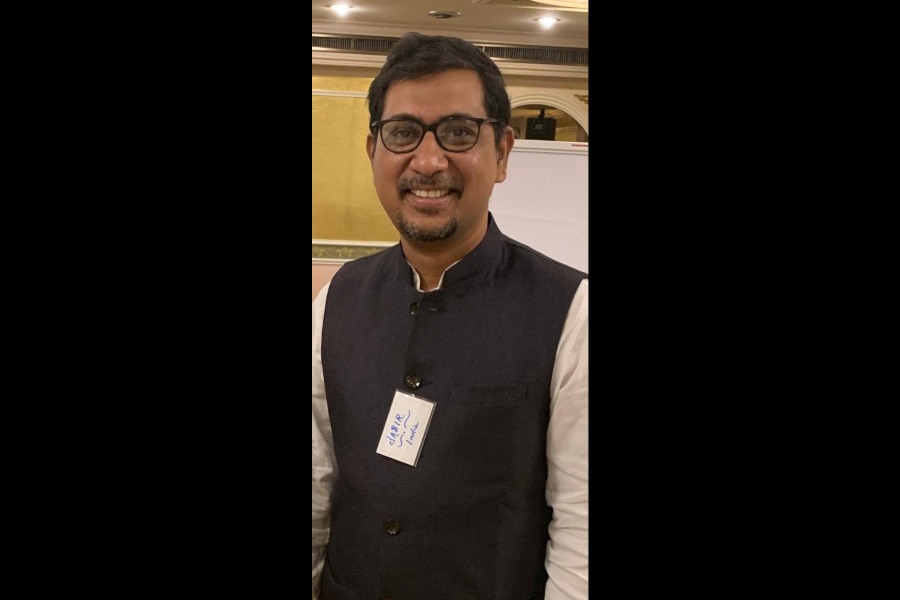The authorities at Calcutta National Medical College and Hospital questioned the citizenship of Sabir Ahamed, a researcher associated with the Pratichi (India) Trust, in response to his query under the Right To Information (RTI) Act, 2005.
Asking for proof of citizenship is a very unusual occurrence while sharing data under the RTI.
The Pratichi (India) Trust has been founded by Nobel laureate Amartya Sen.
Ahamed, who is the national research coordinator at Pratichi, had sought data from all 23 medical colleges in Bengal on their students, faculty and administrative employees, including details such as social groups to which they belong.
This data, which is not part of any restricted government information, was required for research by Ahamed to assess the representation of underprivileged groups like Scheduled Castes, Scheduled Tribes, OBCs and minorities in medical education
and administration.
“As a researcher, I have filed more than 2,500 applications in various departments of state and central governments since the enactment of the (RTI) law. This was the first time I was asked to prove my citizenship. According to the RTI Act, a mere declaration of citizenship is typically sufficient,” said Ahamed.
The state public information officer (SPIO) of the National Medical College, on December 2, sent a response to the RTI plea, asking Ahamed to prove his Indian citizenship.
“In response to your RTI application..., the undersigned would like to mention that you have not declared in the said application that you are a citizen of India. Therefore we are unable to are unable to answer your queries until you provide proof of your Indian Citizenship,” said the communication.
In reply, Ahamed sent a copy of his Aadhaar card to the SPIO. Another communication came on December 6, claiming that they (the medical college) would provide the information because the applicant had identified himself as a scholar, but the Aadhaar card was not considered proof of citizenship.
The Centre’s website states no proof of citizenship is required when applying under RTI, and the official concerned is not expected to ask for proof.
“However, in certain exceptional circumstances, a PIO (or SPIO) may ask for the proof (of citizenship) for example, if he has reason to believe that the application has not been filed by a citizen or if there is a doubt whether the applicant is an Indian citizen,” the government website reads.
“My question is: what made the SPIO of the medical college find reason to believe I am not an Indian citizen, or doubt my citizenship? Was it my name, or was it an attempt to deny information?” Ahamed said.
On his query, the authority referred him to search the institution’s website. The authority could not understand the term “type of association and social group (SC, ST, OBC, general and minority).”
“All the data I sought from that particular medical college should be available publicly on their website. Despite following the RTI norms, I am being asked to prove my citizenship,” said Ahamed, who has written to the medical college authorities and health secretary Narayan Swaroop Nigam, expressing his concern about being asked for citizenship proof to get RTI data.
Contacted, Nigam said that he would “ascertain the facts” before commenting on
this issue.
Ahamed is a well-known researcher attached to a prestigious organisation. “If he faces this, just think what happens to common people...,” said a researcher.
Economist-activist Prasenjit Bose, who has filed many RTI applications, calle Ahamed’s harassment a “despicable act of humiliation”. “They are doing it to deny information, which is a violation of the law,” he said.










